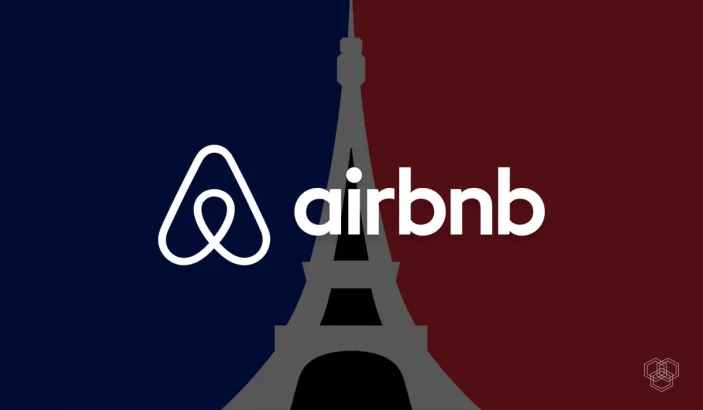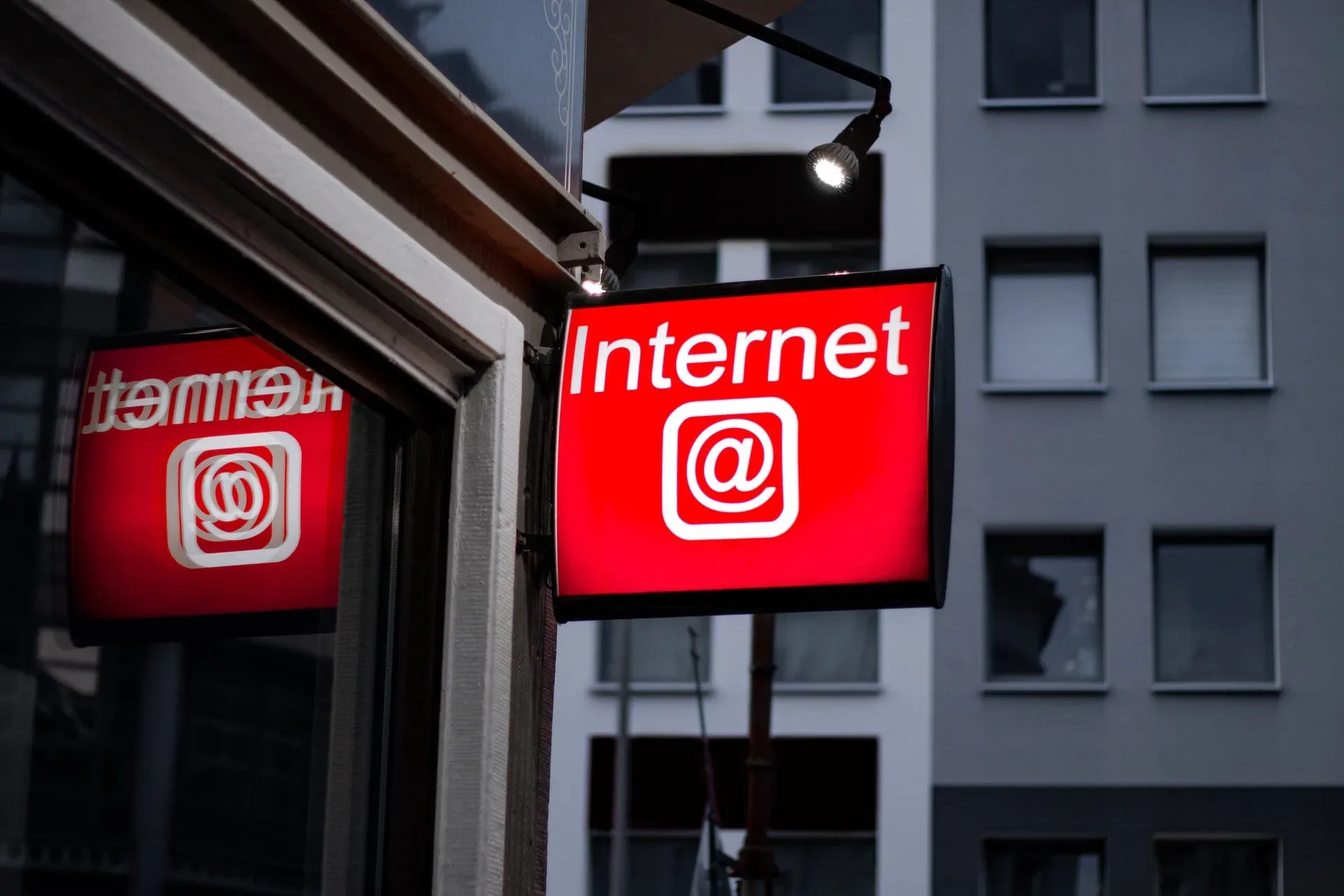Airbnb is the platform on which people around the world can rent out their property to traveling strangers. As it grew more popular, people rented out all sorts of spaces and travelers could forgo hotels for everything from roomy homes where they could cook their own meals to treehouses and yurts in people’s backyards.
But Airbnb has never been without controversy. At first, it was the creep factor of renting someone else’s home (which we’re back to now with new spying allegations coming to light). Then it became something much bigger. It took a huge toll on hotels in cities that had invested in their tourism industry only to see it disrupted.
More recently, it’s become a real estate issue. People can charge enough for prime properties that they can afford to buy up houses and apartments all over cities, taking them out of the renting pool and real estate market. Now hotels sit empty and there is a shortage of homes for people who live in cities to actually occupy. Now the cities are fighting back.
Airbnb has seen a number of complaints from city governments who refuse to let short-term vacationers take over key parts of their districts and turn them into revolving hotels. New York City, San Francisco, Barcelona, London, Santa Monica (CA), Amsterdam, Berlin, and Paris have all taken major steps to regulate its presence and other cities will no doubt follow.
The major problem regulators have run up against in the past is that the platform puts the responsibility for the property, its rental, and its management on the official tenant or owner. Airbnb is, therefore, just the middle man, matching up the two parties that enter into a rental contract. But the City of Paris will now take Airbnb to court to determine their legal responsibility for properties listed on their platform.
Paris is the most popular city on Airbnb, with over 65,000 listings and has a long history of criticizing the rental platform. Back in 2014, the mayor’s housing advisor told Bloomberg:
“We can’t have entire neighborhoods or buildings turned into tourist homes…that’s why we’re fighting to keep Parisians inside Paris and we won’t let tourist rentals eat up their space.”
Last year the city decided that too many people were overstaying their welcome and passed a law capping the number of days an owner can rent out their home at 120 days per year. Of course, not everyone complied. Now Paris is cracking down on those who ignored the rules as well as the platforms they use to do it, the largest of which is Airbnb.
The city issued a mandate to anyone renting out their property that they must apply for and display a registration number on their rental listings so that the city could keep track of how often the units were rented. Of course, many ignored the mandate and as of April 2018, there were roughly 43,000 remaining listings in Paris with no registration number – that’s nearly 70% of Parisian listings!
That number seems to have dwindled to a mere 1,010 listings as of this point, but Paris is determined to enforce compliance. The city’s mayor Anne Hidalgo just announced an “electroshock to Airbnb” in the newspaper Le Journal du Dimanche on February 9th in the form of a fine as high as $14.2 million (over 12.5 million Euros).
Hidalgo called the platform an “accomplice” in helping property owners avoid the law, though said she had nothing against the idea of renting to tourists. Instead, the problem was with people with multiple properties who rent all year long. She also said she would ideally like to reduce the number of days people can rent their homes from 120 to 30.
Airbnb has replied to the lawsuit, saying:
“We encourage Paris to follow the path of other cities such as London, Berlin and Barcelona, with whom we have worked efficiently on common-sense measures to promote responsible furnished tourist rentals.”
That hardly gets at the crux of the complaint, however. Airbnb will need to explain to a French court why they kept up listings that were illegal by French standards.
London has been relatively lenient with Airbnb, amending the city’s housing legislation in 2015 allowing homeowners to rent out their space for up to three months a year. Berlin put up a much larger fight, passing a law in 2016 banning short-term rentals that had not received explicit permission from the Berlin Senate and enforcing it with huge fines. But Airbnb received good news when it was overturned in 2018, allowing people with special permission to rent out their own homes without time restrictions and rent out second homes for up to 90 days each year. Barcelona also worked together with Airbnb, but not without some tension. The city has threatened large fines on Airbnb if they don’t remove thousands of listings that are operating outside their licensing rules as of mid-2018. This follows a fine they levied against the company back in 2016 which remains unpaid and contested.
It seems clear at this point that the EU has been at the forefront of regulating global companies that operate online and attempt to transcend boundaries and the laws of the lands in which they operate.
In the last year, Google, Apple, Amazon, and more have all had to explain their practices to European regulators, whether it was about how they rank search results, actions towards their competitors, and other “abuses of privilege.”
While the idea might be that the Internet is a Wild West of unrestrained actions that no one can quite get a grip on, all of these cases will be subject to the harsh realities of European courts.







Share Your Thoughts